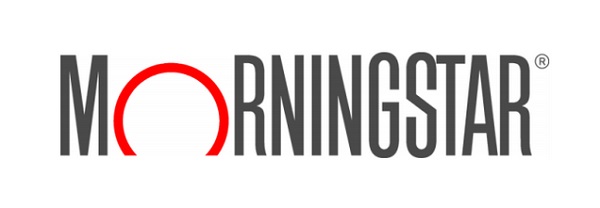
Independent investment research provider, Morningstar, Inc. published a report Tuesday examining the differences in costs between strategic-beta exchange-traded funds (ETFs) and their more ordinary passive peers.
Entitled 'Assessing the True Cost of Strategic-Beta ETFs', the study balanced differences in fees, replications costs and trading costs for 100 European-domiciled strategic-beta ETFs and 77 market-cap-weighted ETFs linked to some of the most commonly employed broad equity benchmarks.
According to Morningstar, strategic beta constitutes a class of index-tracking investment products found as a rapidly-growing middle ground on the active-to-passive investment spectrum, which aims to either improve performance or change the level of risk relative to a standard benchmark. 950 strategic-best exchange-traded products representing approximately US$478 billion in assets worldwide were counted as of 31 December 2015.
"Investors in strategic-beta-ETFs, like those investing in actively managed funds, are more concerned with performance and the intricacies of a specific strategc than they are with cost," commented Hortense Bioy, CFA, Morningstar's Director of European Passive Funds Research. "While this is understandable, they should keep in mind that there is a wide disparity in the fees charged by strategic-beta funds, even by those offering exposure to similar strategies, and that low-cost funds have greater odds of future success."
The research report found that strategic-beta-ETFs are generally more expensive that their market-cap-weighted counterparts, with the US large-cap category constituting the most expensive. The average total expense ratio (TER) of strategic-beta ETFs using the S&P 500 as a parent index is three times higher than that of ordinary S&P 500 ETFs, at 0.43% versus 0.1%. On the other hand, the average fee for emerging markets strategic-beta ETFs was determined to be only slightly higher than that of market-cap-weighted counterparts, of 0.60% against 0.53%.
The last five years have seen the average TER in the European strategic-beta ETF space drop from 0.43% to 0.39%, mainly due to the introduction of less-expensive strategic-beta products in the market.
According to the report, the higher turnover of holdings in strategic-beta indexes compared to more traditional market-cap-weighted indexes leads to higher replication costs, which are not included in a fund's TER and represent an additional drag on the performance of both physical and synthetic funds. Strategic-beta indexes experience turnover usually ranging from 20 to 30% per year whilst average turnover rates for standard market-cap-weighted indexes are between 3% and 8%.
A final key finding of the report suggested that investor in strategic-beta ETFs may also face potentially higher trading costs due to the low trading volume and wider bis-ask spreads that result from strategic-beta ETFs' status as new and small investments.








